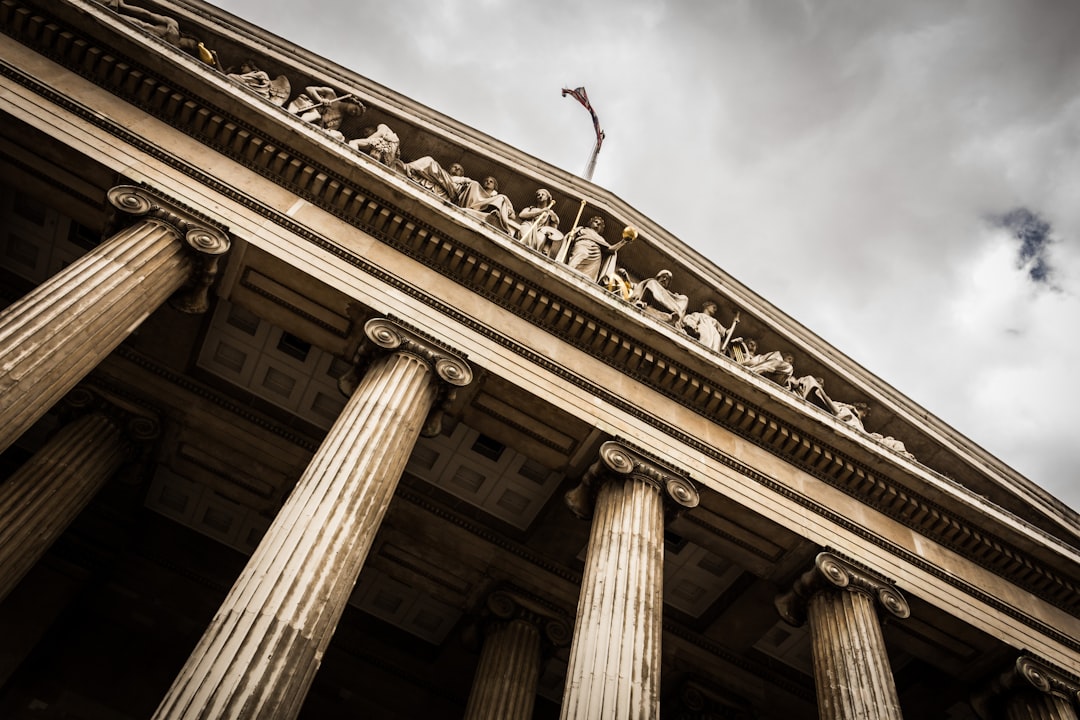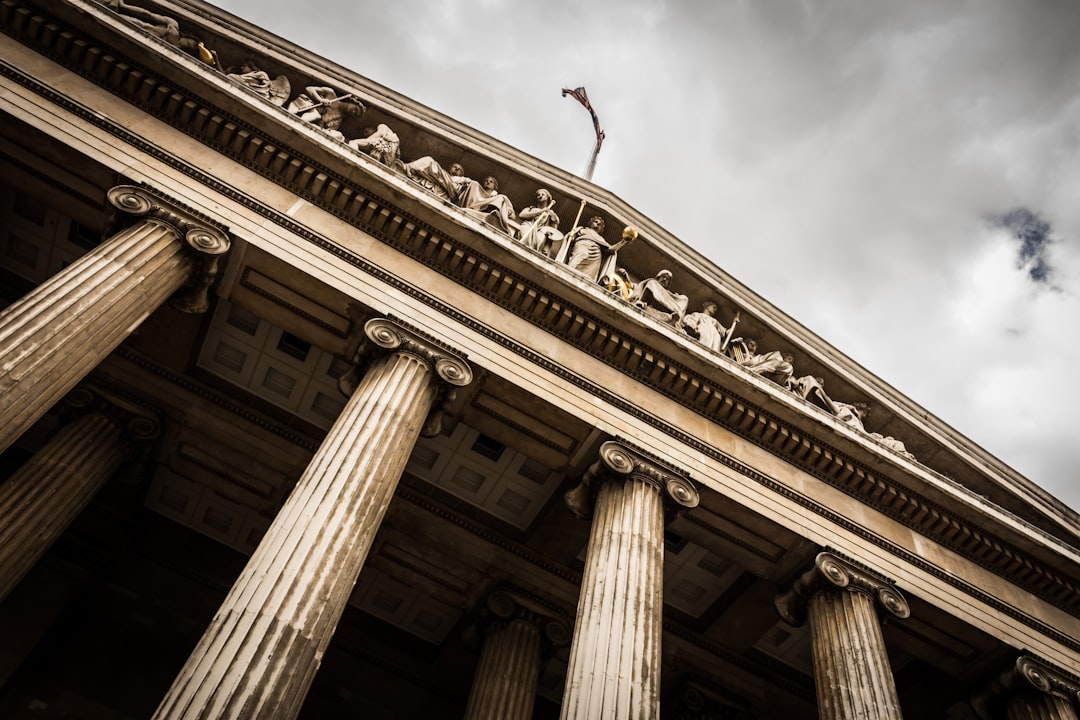In California, a robust legal framework governs school abuse investigations, with strict protocols designed to protect students and uphold due process. A school abuse attorney navigates this complex landscape, ensuring timely reporting, thorough inquiries, and transparent communication as per state laws. They hold institutions accountable through evidence analysis, stakeholder engagement, and strategic litigation. Efficient internal communication, clear protocols, dedicated digital platforms, and open dialogue with parents and media are crucial for comprehensive investigations. Post-investigation follow-up involves clear communication of findings, disciplinary action, and educational workshops to prevent future incidents. School abuse attorney California specialists provide vital support throughout this process.
In California, effective communication strategies are vital during school abuse investigations, ensuring justice for victims and accountability for institutions. This article navigates the complex legal framework, highlighting the crucial role of a school abuse attorney in representing victims. We explore internal communication tactics for thorough investigations and discuss engaging external stakeholders to foster community trust. Additionally, we delve into post-investigation follow-up measures, emphasizing prevention as a key component of a successful response to school abuse.
Understanding California's Legal Framework for School Abuse Investigations

In California, the legal framework for school abuse investigations is governed by a series of strict protocols designed to protect students and ensure due process. A school abuse attorney in California plays a pivotal role in navigating this landscape, where allegations of physical, emotional, or sexual abuse can have profound consequences. The state has implemented comprehensive laws and regulations to address such issues, emphasizing the importance of timely reporting, thorough investigations, and transparent communication throughout the process.
Key aspects include mandatory reporting requirements for educators and staff, who must immediately notify appropriate authorities upon suspecting child abuse or neglect. This triggers a systematic investigation led by trained professionals, often involving law enforcement, social services, and school administrators. Effective communication strategies are essential during these inquiries to maintain open lines with all stakeholders—from students and parents to legal representatives—ensuring everyone is informed, engaged, and aligned throughout the California investigations process.
The Role of a School Abuse Attorney: Representing Victims and Holding Institutions Accountable

In cases of school abuse in California, a dedicated school abuse attorney plays a pivotal role in advocating for victims and ensuring justice. These legal professionals are equipped to navigate complex educational and legal systems, providing crucial support to those affected by various forms of abuse within educational institutions. Their expertise lies in understanding the unique dynamics and challenges presented in such cases, allowing them to represent clients effectively.
A school abuse attorney in California not only fights for the rights of victims but also holds educational institutions accountable. They meticulously examine evidence, interview witnesses, and construct compelling legal arguments to expose systemic failures or individual misconduct. Through strategic litigation and negotiations, these attorneys aim to secure justice, compensate victims, and foster institutional changes that prevent future occurrences of abuse.
Strategies for Effective Internal Communication During Investigations

During investigations involving potential school abuse, efficient internal communication is paramount. Schools and districts should establish clear protocols where all stakeholders—from administrators to teachers and support staff—are informed about the process and their roles. Regular meetings and transparent updates ensure everyone is aligned, fostering a collaborative environment that facilitates the sharing of relevant information.
A key strategy involves creating dedicated communication channels for investigators to gather facts swiftly. This could include secure digital platforms or hotlines where staff can report observations or share concerns anonymously. Empowering employees to communicate openly while protecting their identities encourages them to come forward with potential evidence, ensuring a comprehensive and accurate investigation by the school abuse attorney in California.
Engaging External Stakeholders: Transparency and Community Trust

In California, where cases of school abuse have garnered significant public attention, effective communication strategies are pivotal during investigations. Engaging external stakeholders, such as parents, community leaders, and local media, is essential to fostering transparency and building trust. A school abuse attorney in California knows that open dialogue can help dispel rumors, provide accurate information, and address concerns promptly. This approach not only keeps the community informed but also ensures that everyone involved feels heard and respected during an often sensitive and stressful time.
Transparency builds credibility and strengthens relationships with stakeholders who play a crucial role in the investigation process. By keeping lines of communication open, school administrators and legal professionals can navigate the complexities of these cases more effectively. This, in turn, helps to maintain a sense of calm and order within the community, ensuring that everyone is working together towards a common goal: addressing alleged abuse and protecting the well-being of students.
Post-Investigation Follow-Up: Ensuring Justice and Preventive Measures

After a thorough investigation into school abuse or misconduct, the work is far from over for California school administrators and legal professionals. Post-investigation follow-up is a critical phase aimed at ensuring justice for victims and implementing measures to prevent future incidents. This involves several key steps.
First, it’s crucial to communicate the findings of the investigation clearly and transparently to all stakeholders, including students, parents, faculty, and the broader school community. A well-crafted communication strategy can help alleviate concerns, promote healing, and foster an environment of trust. Engaging a school abuse attorney in California can ensure that legal obligations are met, rights protected, and appropriate disciplinary actions taken against perpetrators. Additionally, follow-up meetings and workshops can be organized to discuss the results, address any lingering issues, and educate everyone on the school’s commitment to maintaining a safe learning environment.






